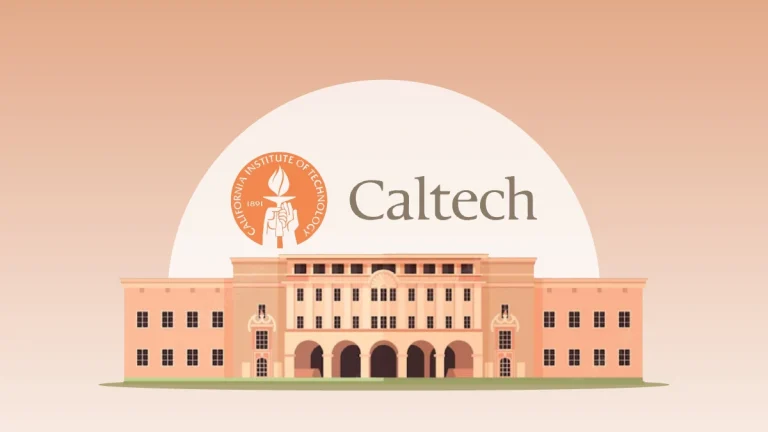
In recent years, the incorporation of Artificial Intelligence technology into numerous industries caused debate over their potential impact on the labor market. While some fear that automation will result in widespread job loss, others see AI as a driver for new opportunities and increased efficiency. In this post, we’ll look at the complex relationship and How AI Reshaping Job Market, including its revolutionary implications, emerging patterns, and potential obstacles and answers.

The Rise of Automation and Job Displacement:
As AI technologies advance, automation becomes more common in industries such as manufacturing, transportation, and customer service. Routine, repetitive tasks are especially vulnerable to automation, raising concerns about job displacement and the future of employment.
Creating New Job Categories:
However, the AI revolution isn’t just about replacing human workers. It’s also about improving their abilities and offering new job opportunities. As firms use AI to drive innovation and efficiency, roles such as data scientists, AI ethicists, and machine learning engineers are becoming increasingly popular.
AI-Powered Human Job Augmentation:
AI in Job Transformation is frequently utilized to supplement human capabilities, which results in improved productivity and decision-making, rather than completely replacing humans. Examples of artificial intelligence assisting professionals in their daily jobs, such as financial data analysis or disease diagnosis, are evident in the healthcare and financial industries.
More Topics to Discuss: AI Transforming Social Media
Economic and Social Implications:
However, there are substantial social and economic obstacles to AI’s broad use. As AI upends conventional employment patterns, there may be a worsening of income inequality as a result of job market polarization and a widening gap between high- and low-skilled workers. A fair transition to an AI-driven economy is a difficult issue for policymakers, as schemes like universal basic income and lifelong learning are gaining support.

AI Ethical and Legal Considerations:
As AI technology become more widely used, ethical and legal concerns emerge. Concerns about bias, privacy, and worker rights have prompted proposals for strong rules and ethical principles to regulate AI adoption in the workplace. Balancing innovation and accountability is critical for ensuring that AI helps society as a whole.
AI Reskilling and Education:
In light of these problems, reskilling and education stand out as critical solutions for preparing the workforce for the AI age. Individuals must continue to learn throughout their lives in order to adapt to shifting employment needs and technological improvements. Educational institutions and training providers play an important role in providing people with the skills they need to succeed in an AI-driven labor market.
AI and Corporate Strategies:
Meanwhile, organizations must navigate the difficulties of AI adoption while focusing on their employees’ well-being. Change management methods, combined with corporate responsibility efforts, assist firms in mitigating the negative effects of AI on their workforce while still fostering an inclusive and innovative culture.
Looking Towards the Future:
In summary, the application of AI Reshaping Job Market to the labor market brings opportunities as well as challenges for people, companies, and society at large. We can harness the revolutionary potential of AI to create a more fair and prosperous future for everyone by embracing innovation, promoting collaboration, and placing a high priority on ethical issues.






